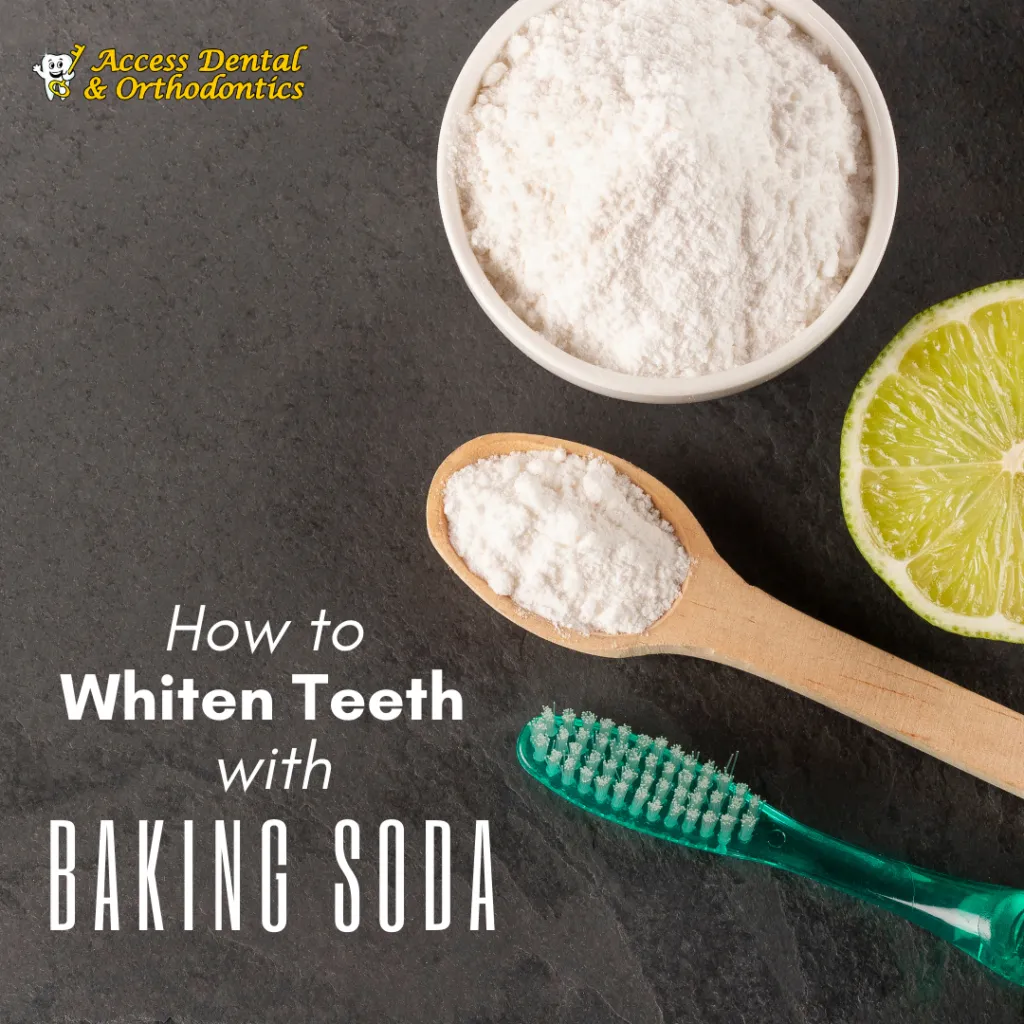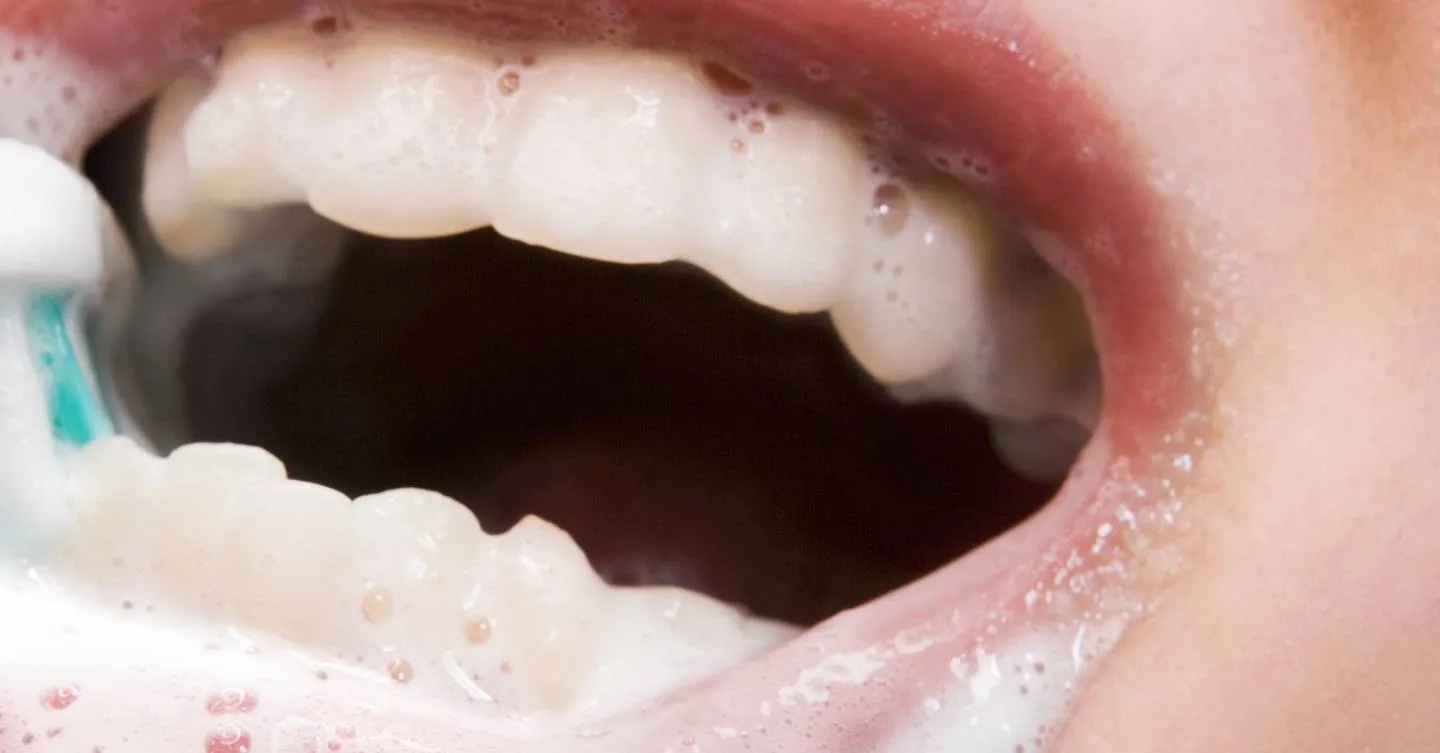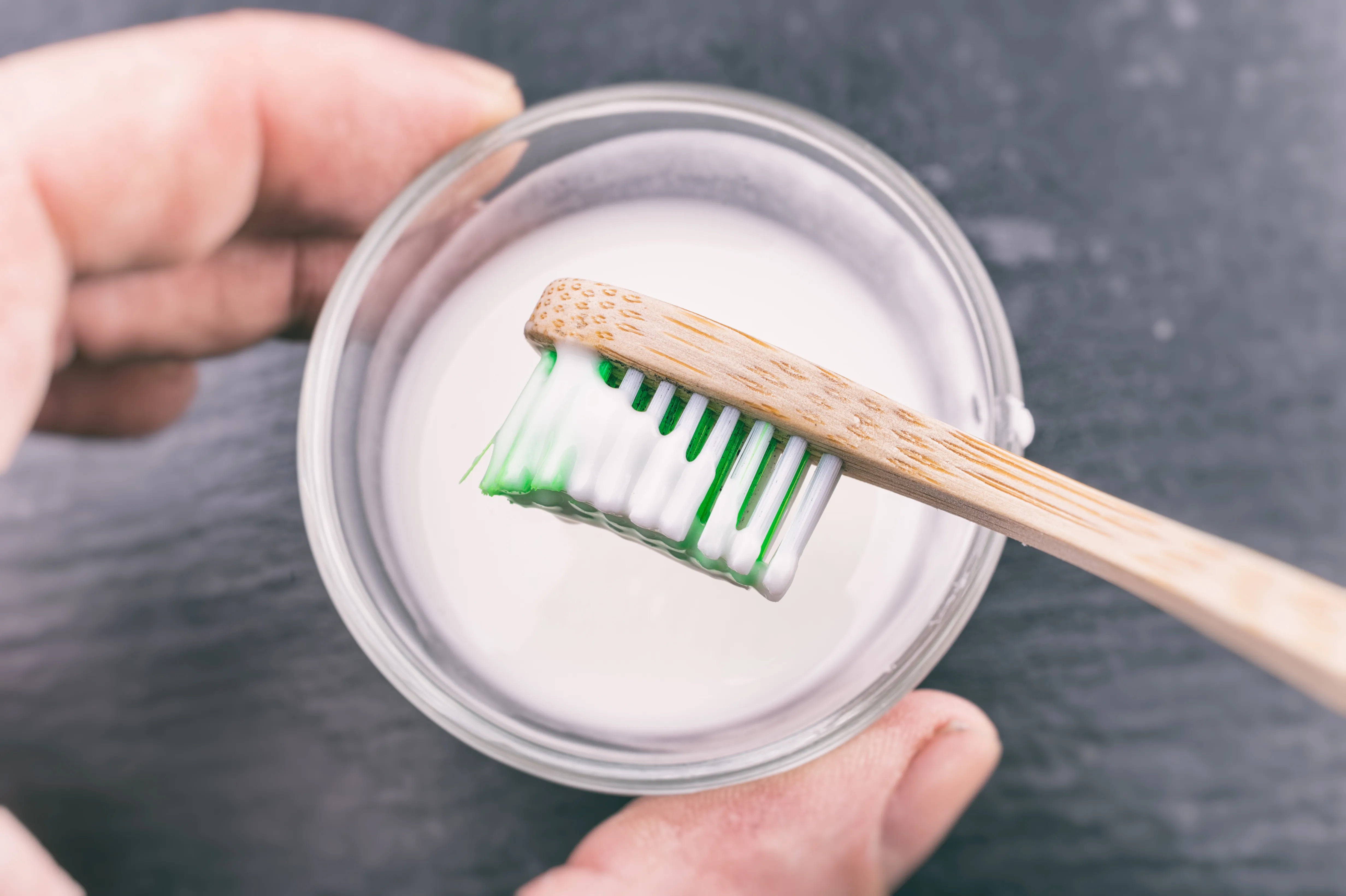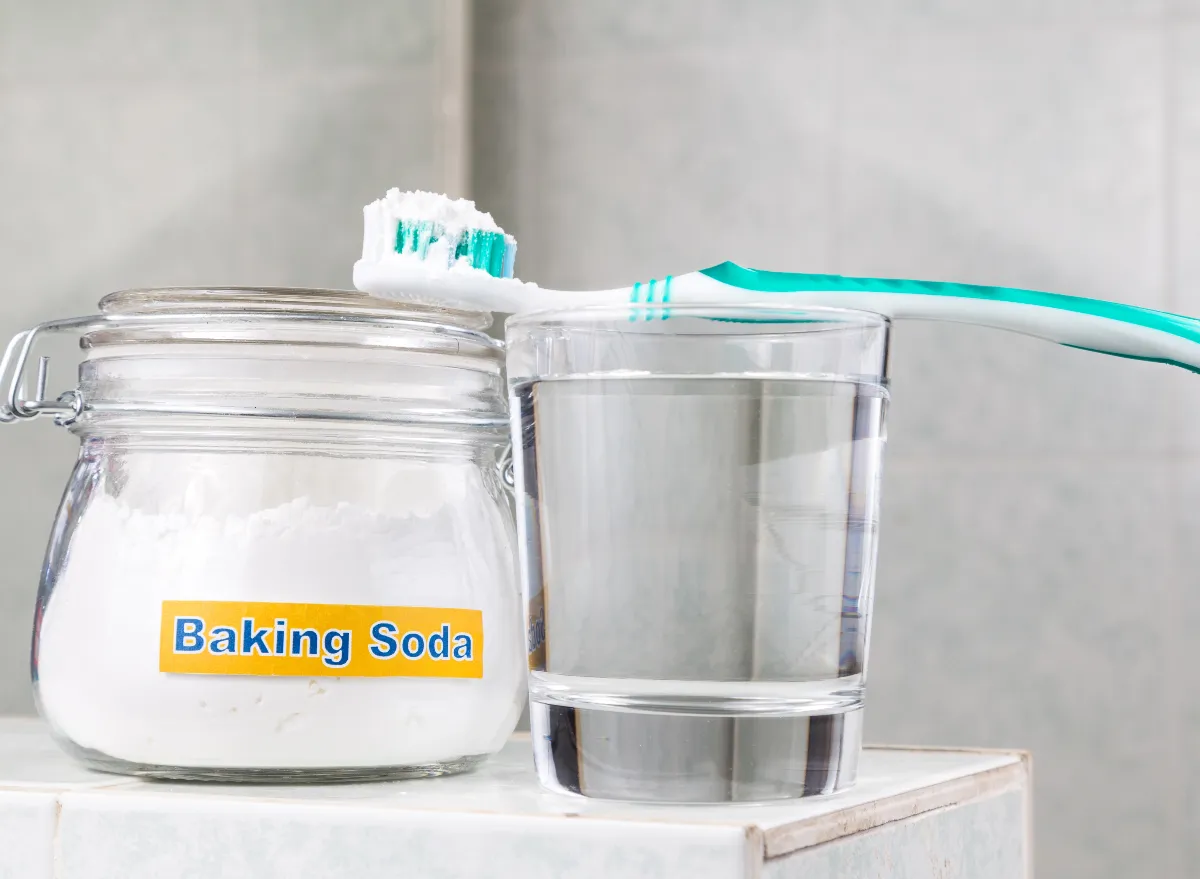Baking Soda Teeth Whitening
Achieving a brighter smile doesn’t always require expensive professional treatments or harsh chemicals. Baking soda, a common household ingredient, offers a natural and cost-effective method for teeth whitening. This article will explore the 5 amazing benefits of using baking soda for teeth whitening, helping you understand how it works, its advantages, and how to incorporate it into your oral hygiene routine. From stain removal to improved oral health, baking soda provides a versatile approach to enhancing your smile. Discover the secrets to a whiter, healthier smile with the power of baking soda.
Effective Stain Removal
One of the primary benefits of using baking soda for teeth whitening is its ability to effectively remove stains. Stains on your teeth can accumulate from various sources, including coffee, tea, wine, and tobacco. These stains can dull your smile and make your teeth appear less bright. Baking soda acts as a gentle abrasive, helping to scrub away these surface stains and restore the natural whiteness of your teeth. This mechanical action helps break down and remove the discolored particles, revealing a cleaner, brighter surface.
How Baking Soda Works on Stains

Baking soda, or sodium bicarbonate, has a slightly abrasive texture that helps to physically remove stains from the surface of your teeth. This gentle abrasion helps to break down the compounds that cause staining, such as tannins from coffee and tea. When you brush with baking soda, the tiny particles work to lift these stains, restoring the original color of your enamel. The process is similar to polishing, but it’s important to note that baking soda is not as effective on intrinsic stains (stains within the tooth structure).
Types of Stains Baking Soda Can Remove
Baking soda is most effective at removing extrinsic stains, which are stains that occur on the surface of your teeth. These types of stains are often caused by dietary choices and habits. Common examples include stains from coffee, tea, red wine, and tobacco products. Baking soda can also help to remove plaque buildup, which can contribute to the appearance of yellowing teeth. While baking soda can help with some mild intrinsic stains, such as those caused by aging or certain medications, it is less effective for more deeply embedded stains.
Natural Whitening Properties
Beyond its stain-removing capabilities, baking soda offers natural whitening properties. The chemical composition of baking soda helps to neutralize acids in your mouth, which can contribute to enamel erosion and discoloration. By creating a less acidic environment, baking soda helps to protect your teeth and promote a brighter smile. Regular use of baking soda can contribute to a noticeable improvement in the overall appearance of your teeth, making them appear whiter and healthier. This natural approach to whitening makes it an appealing option for those seeking a gentle, chemical-free method.
The Science Behind Baking Soda Whitening

The whitening effect of baking soda is multifaceted. Firstly, its slightly alkaline nature helps to balance the pH levels in your mouth, reducing the acidity that can erode enamel and contribute to discoloration. Secondly, the abrasive action removes surface stains and plaque, revealing the natural whiteness of the teeth. Thirdly, baking soda has a mild oxidizing effect, which can help to break down the organic compounds that cause staining. This combination of properties makes baking soda an effective and safe whitening agent when used correctly.
Comparing Baking Soda to Other Whitening Methods
Compared to other teeth whitening methods, baking soda offers a gentle and natural alternative. Unlike harsh chemical treatments, such as those containing hydrogen peroxide, baking soda is less likely to cause tooth sensitivity or enamel damage. However, baking soda may not provide the same dramatic results as professional whitening treatments. Over-the-counter whitening products often contain higher concentrations of whitening agents, leading to quicker, more significant changes. The best approach depends on your individual needs and preferences. For a natural, less aggressive option, baking soda is an excellent choice.
Oral Health Benefits
In addition to its whitening effects, baking soda offers several oral health benefits. Its ability to neutralize acids helps to protect your teeth from erosion and decay. Furthermore, baking soda has mild antibacterial properties, which can help to reduce the number of harmful bacteria in your mouth. This can contribute to fresher breath and a lower risk of gum disease. Regular use of baking soda as part of your oral hygiene routine can promote a healthier mouth and improve your overall dental health. It’s a simple yet effective way to support your oral well-being.
How Baking Soda Improves Gum Health

Baking soda helps to improve gum health by neutralizing acids and reducing the presence of harmful bacteria. The alkaline nature of baking soda creates an environment that is less conducive to the growth of bacteria that cause gum disease. This can help to reduce inflammation and bleeding gums. Additionally, the gentle abrasive action of baking soda helps to remove plaque buildup along the gumline, further promoting gum health. By incorporating baking soda into your oral hygiene, you can contribute to healthier gums and a reduced risk of periodontal issues.
The Role of Baking Soda in Preventing Cavities
Baking soda plays a significant role in preventing cavities by neutralizing acids produced by bacteria in your mouth. These acids erode tooth enamel, leading to cavities. By creating a less acidic environment, baking soda reduces the rate of enamel erosion, thereby lowering your risk of cavities. The mild abrasive action of baking soda also helps to remove plaque, which is a primary cause of cavities. Regular use of baking soda, combined with other preventative measures like brushing and flossing, can significantly contribute to cavity prevention and overall dental health.
Cost-Effectiveness
One of the most appealing aspects of using baking soda for teeth whitening is its cost-effectiveness. Compared to professional whitening treatments and many over-the-counter products, baking soda is incredibly affordable. A box of baking soda typically costs just a few dollars and can last for months, making it a budget-friendly option for maintaining a bright smile. This affordability makes it accessible to everyone, regardless of their financial situation. The low cost doesn’t compromise its effectiveness, making it a great value for achieving a whiter smile.
Baking Soda Whitening vs. Commercial Products

When comparing baking soda whitening to commercial products, the cost difference is significant. Many commercial whitening products, such as whitening strips, gels, and toothpastes, can be quite expensive. While some of these products may offer faster or more dramatic results, they often come with a higher price tag. Baking soda provides a simple, inexpensive alternative that can still deliver noticeable whitening effects over time. The gentle nature of baking soda also reduces the risk of side effects such as tooth sensitivity, which can be more common with some commercial products.
Long-Term Cost Savings
The long-term cost savings associated with using baking soda for teeth whitening can be substantial. By using baking soda, you can reduce your reliance on expensive commercial products or professional treatments. The ongoing cost of maintaining a bright smile with baking soda is minimal, making it a sustainable and economical choice. Over time, these savings can add up, freeing up your budget for other important expenses. Choosing baking soda for teeth whitening is a smart financial decision that doesn’t compromise on effectiveness or results.
Easy Application
Using baking soda for teeth whitening is incredibly easy and can be seamlessly integrated into your daily oral hygiene routine. All you need is baking soda, water, and your toothbrush. This simplicity makes it a convenient option for people of all ages. With minimal preparation and no complicated instructions, incorporating baking soda into your oral care is straightforward. This ease of use ensures you can maintain a consistent routine, leading to effective and long-lasting results. The convenience factor is a significant advantage, encouraging regular use and maximizing the benefits.
Simple Steps for Baking Soda Whitening

To use baking soda for teeth whitening, start by mixing a small amount of baking soda with water to create a paste. Aim for a ratio of about 1 teaspoon of baking soda to a few drops of water. The consistency should be thick enough to stick to your toothbrush. Apply the paste to your toothbrush and gently brush your teeth using small, circular motions. Brush for about two minutes, ensuring you reach all surfaces of your teeth. After brushing, rinse your mouth thoroughly with water to remove any remaining baking soda. Repeat this process a few times a week for best results.
Tips for Consistent Results
For consistent results with baking soda teeth whitening, it’s important to follow some simple tips. First, avoid brushing too aggressively, as this can damage your enamel. Use a soft-bristled toothbrush and gentle pressure. Second, be consistent with your routine. Regular use, a few times a week, will yield the best results. Third, consider alternating between baking soda and your regular toothpaste to avoid excessive abrasion. Fourth, combine baking soda with good oral hygiene practices, like flossing and regular dental check-ups. Finally, patience is key; it may take a few weeks to see noticeable whitening effects.
In conclusion, baking soda offers a remarkable range of benefits for teeth whitening and overall oral health. From effective stain removal and natural whitening properties to cost-effectiveness and easy application, baking soda provides a versatile and accessible solution for achieving a brighter, healthier smile. By understanding how baking soda works, incorporating it into your daily routine, and following recommended guidelines, you can harness its power to transform your smile. Embrace the natural and affordable approach of baking soda and enjoy the confidence of a radiant, healthy smile.
